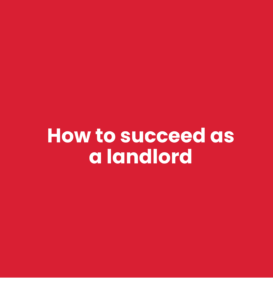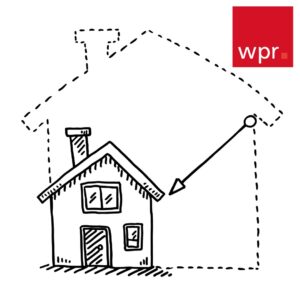
It’s hard to believe, but Christmas is only around the corner. And, for those who might not know, Boxing Day is one of the busiest days of the year for property searches (visits to Rightmove doubled between Christmas Day and Boxing Day in 2024). So, for those looking to get their property

With our property management promotion well underway, which, if you don’t know, is giving one new and one existing landlord client the opportunity to win free property management for six months, we thought a landlord-themed article is timely. So, whether you’re a seasoned landlord or someone who’s thinking of becoming a landlord in the coming months,

Are you a landlord looking for a property management firm in Surrey and Hampshire? If so, then we’re offering one new customer FREE property management for six months. Simply instruct us to manage your property throughout October and you’ll enter a prize draw, with one person receiving their first six months

We say this with a heavy heart, but the long evenings and sunny afternoons are slipping away. While Autumn’s approach means cooler nights and fewer hours of daylight, it’s also one of the busiest times of the year for the housing market. After all, holiday season is over and the

Warren Powell-Richards (WPR), the five-branch Surrey and Hampshire estate agency, has enticed two longstanding members of Stirling Ackroyd, the London and South East estate agent, following the appointment of business development aces Marco Olival and Rhys King. Olival, former Head of Department for Sales and Lettings at Stirling Ackroyd, has

Research from Suffolk Building Society suggests that 15 per cent of UK homeowners are planning to downsizeover the next five years. That’s a staggering 6.3 million people. Whilst the pool of potential Surrey and Hampshire downsizers is much smaller than that, here are a few things to consider if you’re thinking

Two Farnham residents have scooped a pair of VIP tickets to Goodwood Festival of Speed on Saturday 12 July after winning a prize draw hosted by Surrey and Hampshire estate agents Warren Powell-Richards. Gary and Nicola McClounan were awarded the tickets, worth over £2,000, as part of a two-month competition,

Nestled in Hampshire (although right on the Surrey border), Grayshott is a charming community-driven village that’s flanked by some of the county’s most stunning countryside. Oh, and let’s not forget that it’s the birthplace of Bridget Jones’s very own Colin Firth. But what’s it like to live there? Well, Susy

It was a wet start to June – but it now looks like summer IS well and truly here. And with longer days, sunny skies ahead and the UK population’s historical appetite for a summer move, now could be the perfect time to prepare for house for a sale. But